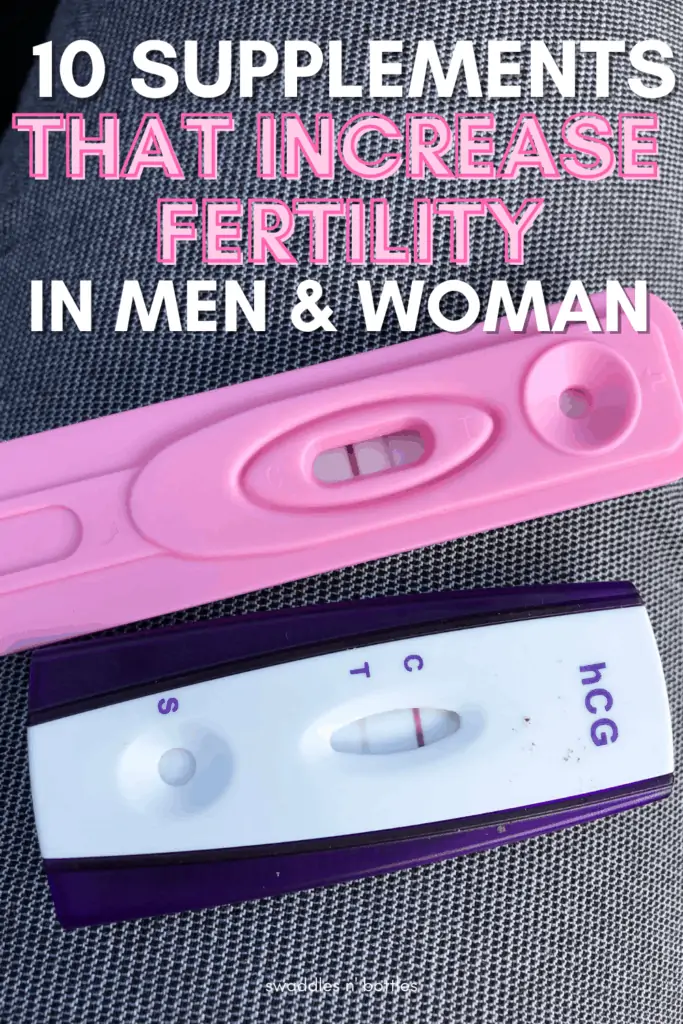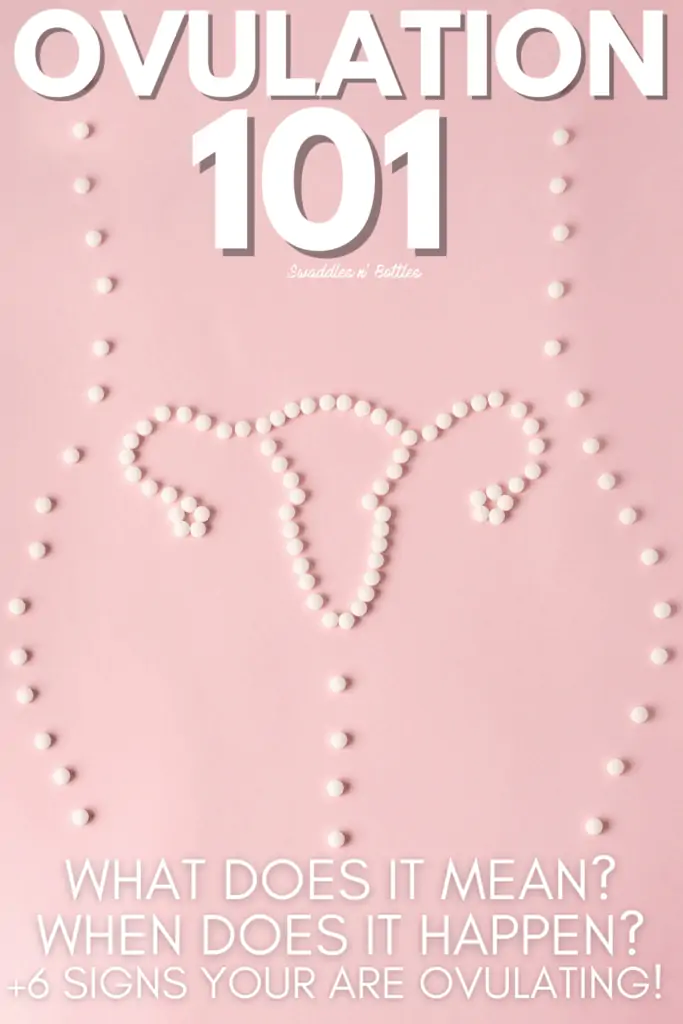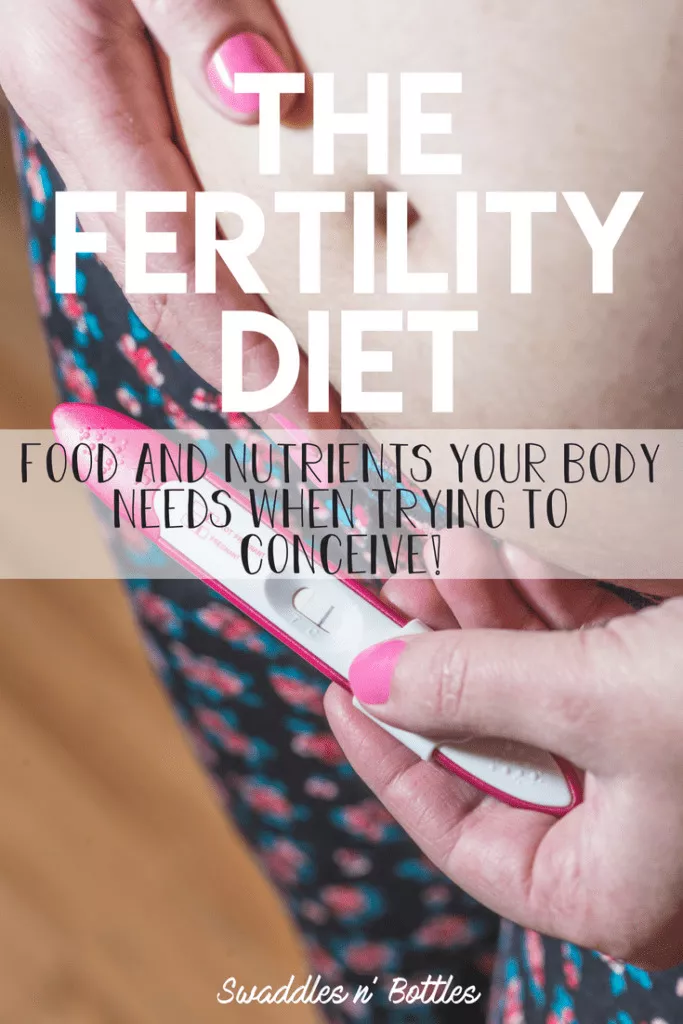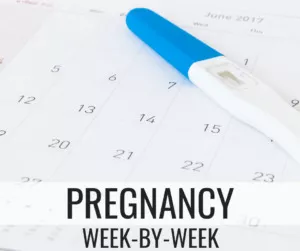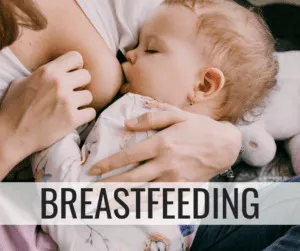
10 ways to increase your chances of pregnancy
According to the CDC, more than six million women in the U.S between the age of 15 and 44 have difficulty getting pregnant. Conception is both an exciting and stressful time for many women. Some women can get pregnant immediately while others take some time.
Research shows that ovulation problems are the primary contributor to infertility in women. The fertilization of eggs does not occur without ovulation. Irregular menstrual cycle or absent periods is a common sign of ovulation problems.
Polycystic Ovarian Syndrome (PCOS) is a health condition characterized by poor ovulation. Studies show that around 10% of women in the U.S have PCOS. That is approximately 5-6 million women, making PCOS a common hormonal endocrine condition among female individuals of reproductive age.
There are many ways to increase your chances of pregnancy. In today’s article, we will talk about what to do and what to avoid while trying to conceive. Read on!
1. Maintain a Healthy Weight
If you are underweight, overweight, or obese, it can affect your fertility. Maintaining a healthy weight increases your chances of getting pregnant and having a healthy baby. It is crucial to check your body to mass index (BMI) and consult a dietitian to have a solid weight loss plan.
You are underweight if your BMI is below 18.5 and you need to gain weight between 28 to 40 pounds. If you have a normal weight with a BMI between 18.5 and 24.9, the recommended total weight gain is 25 to 35 pounds.
Overweight women with a BMI between 25 and 29.9 must not gain more than 15 to 25 pounds. Otherwise, it will reduce the chances of conception. Obese women have a BMI index of 30, which means the recommended total weight gain is 11 to 20 pounds.
2. Monitor ovulation
A woman with regular menstrual cycle ovulates about 14 days before her next periods. Keep in mind that women with irregular cycles will find it difficult to monitor ovulation. However, it occurs two weeks before the start of the next period.
According to the American Pregnancy Association, the three days after a positive test is the most favorable time for a woman to have sex with her husband to increase the chances of getting pregnant. Some apps like Clue Period Tracker and Glow Cycle & Fertility Tracker can help in this regard. Anyway, consult your doctor before using such apps.
3. Take Prenatal Vitamins
Studies highlight that folic acid, iron, calcium, and vitamin D supplements can increase pregnancy chances. Some doctors recommend taking a prenatal vitamin that contains vitamin A, vitamin C, B vitamins, iodine, and zinc. Start a prenatal vitamin with 400 mcg of folic acid before you try to conceive.
4. Balanced Diet is Key
Eating healthy food can prepare your body for pregnancy. For instance, a balanced diet consisting of vegetables, fruits, lean protein, dairy, whole grains, and healthy omega-3 fatty acids foods can help increase your pregnancy odds. These food items provide you with a wide range of essential nutrients, including protein, calcium, and iron.
5. Quit Smoking
Cigarette smoke contains toxic chemicals that react negatively to oxygen in the body. Some studies show that smoking can damage the delicate egg. A damaged egg has increased miscarriage risks, but it can also lead to complete egg loss.
If you want to protect yourself from infertility, make sure you quit smoking. It is certainly not healthy for you and can affect your baby’s health after conception. One way to quit smoking is by joining a local “Quit Smoking” Support Program.
6. Reduce Stress
A growing body of research evidence highlights that daily stress leads to reduced chances of pregnancy. Increased levels of cortisol, which is stress causing chemical, can lessen the estradiol production and weaken the oocyte quality by affecting the granulosa cell function.
Some ways to reduce stress while trying to conceive are low-intensity exercise, yoga, meditation, deep breathing, family and friend support, and engaging yourself in fun activities.
7. Avoid Alcohol
Many clinical studies show that alcohol affects women’s conception and implantation significantly. It can even increase the risk of early pregnancy loss. Heavy alcohol consumption leads to changes in ovulation, period regulation, and cause ovarian reverse. Alcohol also harms ovarian response or egg quality. So, if you want to conceive healthily and quickly, avoid alcohol consumption.
8. Don’t consume too much Caffeine
Although there is no solid evidence about caffeine affecting conception, some review studies highlight that caffeine can reduce pregnancy chances. Women who consume too much caffeine in tea or coffee can take longer to become pregnant. It may also increase the risk of miscarriage after pregnancy. Limit your caffeine intake to 1-2 cups of coffee or tea a day.
9. Stop High-Intensity Exercises
Although low-intensity exercises, such as walking, Barre, yoga, and Pilates, effectively increase your pregnancy odds, it is crucial to avoid high-intensity workouts. Some studies show that vigorous exercises can decrease chances of conception in women with normal weight.
10.Avoid Over-the-Counter (OCT) Drugs
Anti-inflammatory and pain relievers such as ibuprofen, thyroid medication, antibiotics, and anti-acne treatment creams are considered harmful when trying to conceive. Although most OCTs do not interfere with conception, some studies show that NSAIDs like Advil and Motrin can impact conception negatively.
Final Words
There are many causes of infertility in women, such as failed ovulation, ovarian and gynecological health conditions, including PCOS and POI, and poor lifestyle habits like alcohol consumption and smoking. Follow the tips mentioned above to increase your chances of pregnancy.



